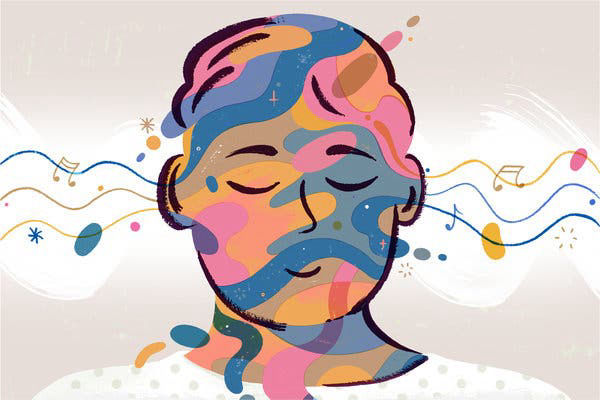

Did you ever take out time to ponder whether its true that some musical instruments have priviledge over others, when it comes to their role in music therapy? Can harmonica be a good competitor, among various categories of melodic gadgets, to bring benefits to its players?
I know it doesn't sound polite, but my answer contains yet another question: are there any musical instruments you know about, which can be played without involving hands? This kind of thought arises only if you come across disabled people, or you know someone who's coping with motor imapairment.
Today there are many social publications which are intended to attest - by giving logical and scientific reasoning - how could music really leave a therapeutic effect on all of us. Learning to play an instrument is an activity that widens our horizons; it increases our cognitive abilities and certainly brings improvements to our social life. How can anyone being a handicap, prevent someone from learning to play a musical instrument? It shouldn't be allowed: today we know ways to help anyone who wants to have fun learning, something interesting and beneficial such as music.
To find answers to the questions inquired today, we must acknowledge the particular physical condition of the student and the characteristics of musical instruments such as form, size, weight and technique to use. Let me explain: if a person is confined to a wheelchair he can safely sing or play a violin, but the same person would find great difficulty in playing the drums, not to mention to use the drum pedal at least.
Let's talk about the example of a student instead who is blind, but physically fit to move around perfectly; he will be able to play a piano or a guitar - with decent degree of skill - the drums and probably many other instruments too. In this case, the greatest difficulty will be in finding the student information in a medical context, such as need for audio aids and scores also to be consulted using document readers in the form of tables.
Analysing the above discussion; every musical instrument possess its own fundamental characteristics, and every person has the right to choose most appropriate according to his own particular situation. The diatonic harmonica, in this context, is a best choice that shows great potential; i speak high of the diatonic model because it is lighter and for the reason that it does not have the slide button to raise notes by a semitone.
Let's explore salient features of this little jewel:
It is small and hence, can be taken anywhere by anyone: imagine a blind person required to walk around with a double bass, it would not be the same as carrying a harmonica in his pocket. Even better for a person, facing difficulty to walk, as he would find harmonica an instrument that can find space in the pocket of his shirt anyway.
From learning point of view, the blues harp can be studied today even if you are blind; using some audio support files as well as well formatted table scores will also do. Nonetheless, if you cannot move; you can study through video lessons staying where you are .
PS. The kazoo and the whistle, I do not consider them proper musical instruments…
Do read the article on 'asthma and harmonica playing' too.